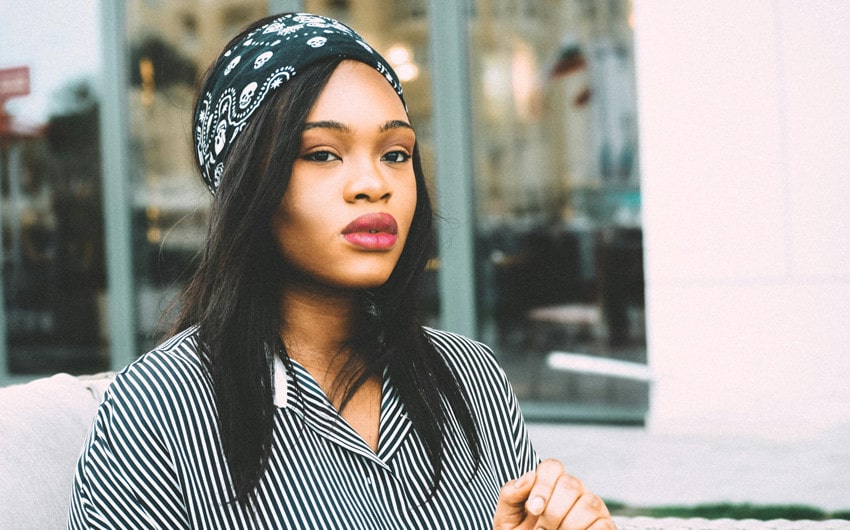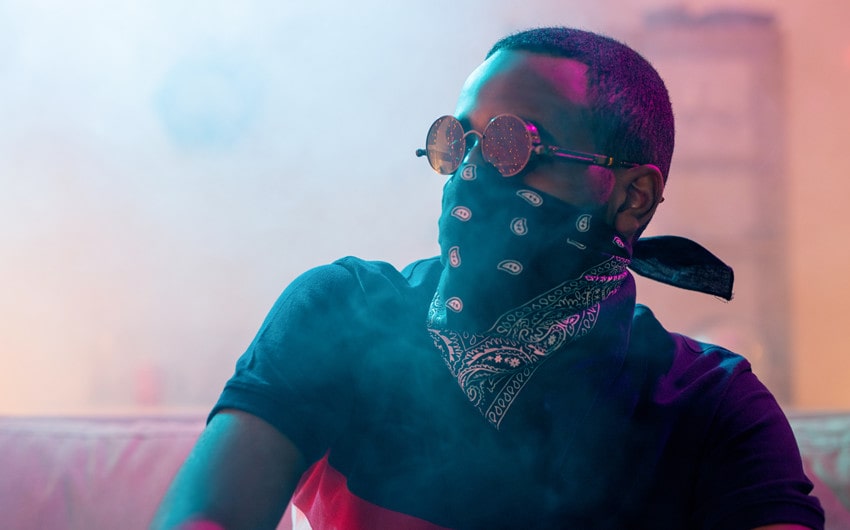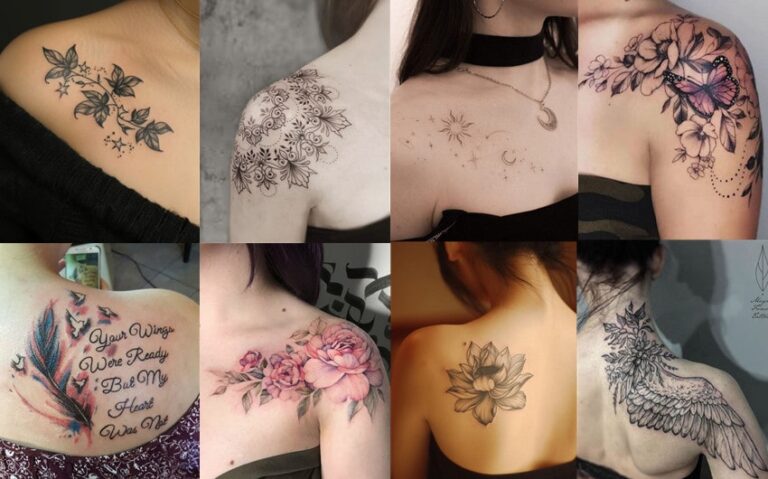Black Bandana Meaning: History, Fashion, and Social Symbolism
A black bandana might seem like a simple accessory, but it carries various meanings depending on the context. From a fashion statement to a symbol of rebellion, it has been used in different cultures and social groups throughout history. The black bandana meaning often reflects strength, solidarity, or even mourning.
Whether you see it worn on the streets or in pop culture, this versatile piece speaks volumes without saying a word. Understanding its deeper significance can help you appreciate the impact a single color and style can have on personal expression.
Historical Context of Black Bandanas

The black bandana has a rich history that goes beyond its use as a simple fashion accessory. Historically, bandanas have been used for practical purposes such as shielding from the sun, wiping away sweat, or protecting from dust. However, in the case of the black bandana, its symbolism often aligned with more profound social and political movements.
In the 19th and 20th centuries, black bandanas were sometimes associated with labor unions and worker strikes. Laborers wore them as a sign of solidarity while protesting harsh working conditions.
During the late 20th century, black bandanas gained prominence in political protests, particularly in anti-establishment movements. For example, anarchists and other political dissidents adopted the black bandana as a symbol of resistance against authority, rebellion, and the fight for personal freedom.
In addition to its use in political contexts, black bandanas also became a prominent feature in subcultures like punk, goth, and other underground movements. These groups embraced the black bandana as an emblem of defiance against societal norms, representing individuality and a break from mainstream culture.
The symbolism tied to these movements elevated the black bandana beyond a practical item, turning it into a statement piece that spoke volumes about the wearer’s identity and beliefs.
Cultural and Social Meanings of Black Bandanas

The meaning of a black bandana can vary significantly depending on cultural context and the social group in which it is used. In modern society, the black bandana is commonly associated with bold self-expression, rebellion, and solidarity. For some, wearing a black bandana represents resistance to oppression and conformity, an extension of its historical use in protest movements.
In subcultures like punk, goth, and heavy metal communities, the black bandana is often worn to symbolize a connection to darker, more rebellious aesthetics. For these groups, the black bandana is a badge of nonconformity, signaling a shared attitude of resistance toward mainstream ideals and culture. It is also a way to express a personal sense of identity, rooted in alternative fashion and music scenes.
At the same time, black bandanas can carry connotations related to unity and strength. In certain settings, wearing a black bandana can signify a bond between individuals within a group, particularly in political activism or social movements. The color black has long been a symbol of power and resilience, and this meaning extends to the use of black bandanas as a statement of collective determination.
Black Bandana in Street Fashion and Popular Culture
The black bandana has become a staple in street fashion, known for adding a bold, edgy vibe to casual outfits. Its versatility allows it to be worn in multiple ways, such as tied around the neck, head, or accessories like bags.
The black bandana’s simple yet striking look has caught the attention of influencers and celebrities, turning it into a must-have fashion piece. Musicians, especially in hip-hop and rock, have long embraced the black bandana as a symbol of rebellion and individuality, further embedding it into popular culture.
In movies and television, characters wearing black bandanas often represent toughness, independence, or defiance. These portrayals have strengthened the bandana’s association with a street-smart, rebellious persona. Designers have also taken note, incorporating black bandanas into high fashion, bridging the gap between streetwear and luxury style.
Black Bandanas and Gang Associations

In some regions, particularly in the U.S., black bandanas are linked to gang culture. Gangs use specific colors, including black, as a marker of membership or territory. The black bandana in these cases symbolizes strength, loyalty, and affiliation within the group. However, the meaning can vary depending on the area, making it a potentially sensitive accessory in certain neighborhoods.
Because of these associations, wearing a black bandana in places where gangs operate can lead to misunderstandings or unwanted attention. It’s important to be aware of the local context before wearing one. Despite these connotations, the black bandana is more often associated with fashion, self-expression, and cultural movements, reflecting its broader significance beyond any negative associations.







